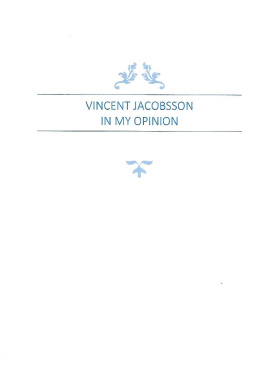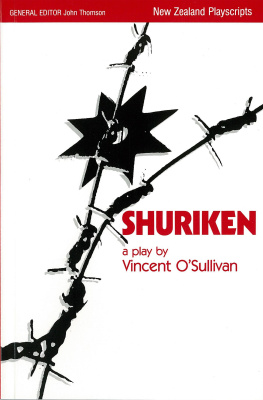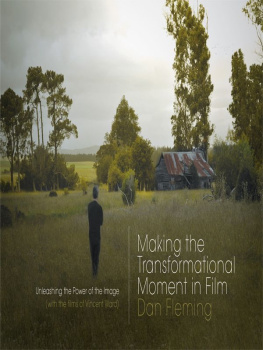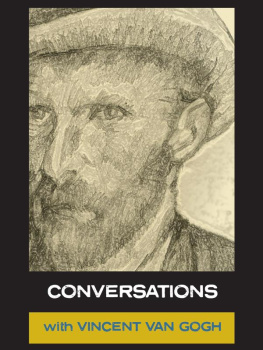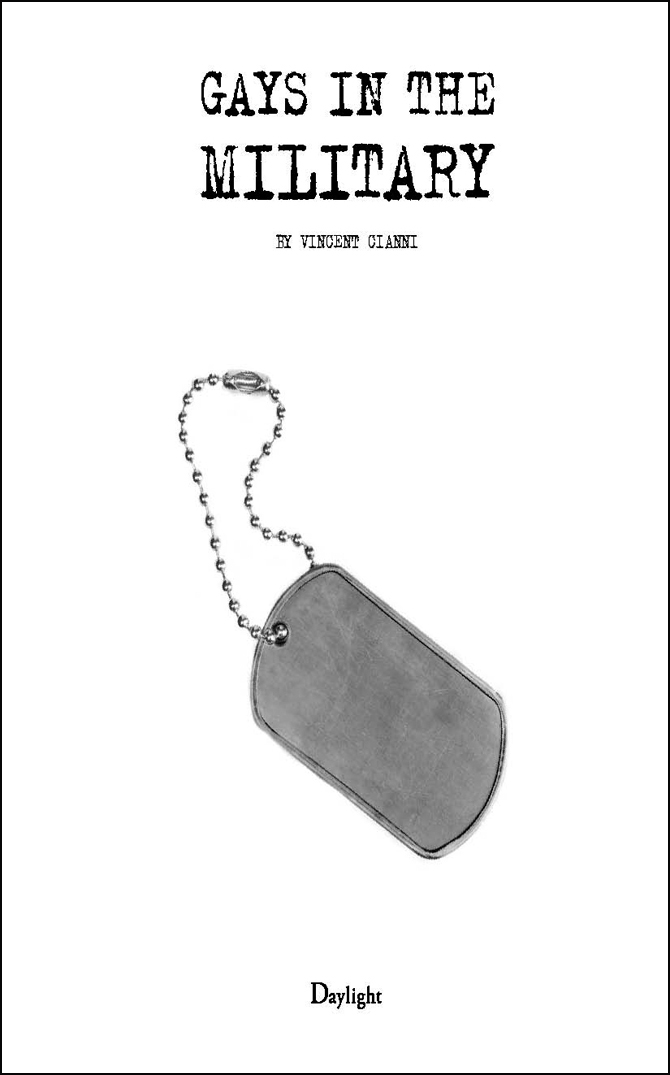For my sister, Mary, who has stood by me throughout the years.

Table of Contents
Guide
Contents
Dear Sir:
I am appealing the recommendations made by the Review Boards Office at Randolph Air Force Base, Texas, whereby they recommend denying my request for issuance of the Air Force Good Conduct Medal. I base my appeal on the following:
Criteria: The medal is to be awarded to Air Force enlisted personnel during a three-year period of active military service OR for a one-year period of service during a time of war. Airmen awarded this medal must have had character and efficiency ratings of excellent or higher through the qualifying period including time spent in attendance at service schools. There must have been no convictions of court martial during this period.
The Review Awards Office fails to recognize the alternative period of one year war time service for which I qualify. Unless the Review Awards Office fails to recognize Vietnam as a war in direct contradiction to numerous other U.S. Agencies, then the applicant qualifies as for the required time period.
My first two years of active duty with the USAF were so successful that I was nominated by my Commanding Officer with concurrence from the Wing Commander, to assume duties as a bodyguard for Lt. General Pitts, Commanding General for the Strategic Air Command, and his Vice-Commander. I came in second in the selection process and was not selected. All of my APRs were of the highest caliber as the previously sent official communication serves to prove. (See the record)
Please note that this action took place well after the completion of my first two years of outstanding service during war time. When I said that being in the Air Force would lead to my acting out on my sexuality, I was made the Wing NCOIC for two bases for equal opportunity; a position I served in until my discharge. Ironically, it was during this period that other Airmen called the hotline on base and talked about being gay because word has spread that I was leaving and why. I personally prevented at least two suicides that were being contemplated and can be verified in official records maintained at the base for that time period.
The ban on gay and bi-sexual men was wrong then and is just as wrong now which is why DADT was finally overthrown as an regulation of mental repression. The ban on gay and bi-sexual men did nothing but create potential mental health issues with armed men who were entrusted with the security of nuclear weapons.
At no time, was I ever a discredit to the USAF. In fact, the Wing Commander at RAF Bentwaters in England, was going to assign me as his aid because of his promotion to the rank of General. I cannot tell you how much I resent the classification by the Review Boards Office, of my service to this country in the Air Force not to mention my honorable service in the United States Navy prior to my entrance into the USAF, as having been marred. If the ban on gay and bi-sexual men had not been in place, I would have retired from the Air Force.
I request again, that the Good Conduct Medal be awarded as earned under the provisions outlined above. If this request is further denied, I intend to take this issue national and make it political.
Respectfully,

Bruce Simpson
264 East Main St.
Wilkes Barre, PA 18705
Alan M. Steinman, MD
I served our nation proudly for twenty-five years in the U.S. Public Health Service and U.S. Coast Guard. For nearly all of that time, I was a medical officer in the Coast Guard, ultimately achieving the rank of rear admiral and serving as the Coast Guards director of health and safety. During that entire period, I remained in the closet; I did not reveal my sexual orientation to anyone in the Coast Guard, nor even to my family. But I was not alone in suffering the indignities of hiding my true self. Hundreds of thousands of gay and lesbian service members over the years shared with me the constraints the military imposed upon us in order to serve our country. In this book, the reader will meet some of those patriotic Americans.
The effects of the laws and policies banning gays and lesbians from serving in the military were deliberately draconian. They could not have a family; they could not share their lives with loved ones; and they were denied the opportunity to enjoy all the rights and privileges taken for granted by their heterosexual counterparts. Even though they put their lives on the line just as did their straight peers, the law required them to be silent, celibate, and invisible. Although they performed the same duties and shared the same risks, they could not be honest with their peers or with their commands. They could not honestly seek medical or spiritual counseling for their emotional problems. They were forced to violate the very precepts of integrity and honor that comprised the core principles of each of their services code of behavior, instilled in them from the instant they joined the military. And finally, they had to constantly live in fear that at any time, someone might find out who they really were and cause their discharge from the military, terminating their career. This meant that every telephone call, every e-mail, every photograph of a loved one, every casual conversation about what they did in their off-duty time or in their private lives had to be severely guarded lest the wrong person discover their hidden truth.
When Dont Ask, Dont Tell (DADT) was enacted into law in 1993, it was founded on the assumption that there exists in the military sufficient antipathy toward homosexuals that the mere knowledge of the presence of a gay, lesbian, or bisexual service member would degrade unit morale, unit cohesion, and combat readiness. This assumption was never supported by either academic study or objective data. On the contrary, a 1993 Department of Defensesponsored study from the Rand Corporation found that allowing gays and lesbians to serve openly would not likely result in deleterious consequences: Despite these findings, Congress passed the DADT law and put into place a dark chapter in our nations civil rights history.
Over the years that DADT stayed in effect, an entirely unanticipated development gradually gained force: gay and lesbian men and women began to come out to their peers, and it wasnt proving to be a problem for unit morale, unit cohesion, or combat readiness. By 2005, so many known gays and lesbians were serving that a Zogby International poll of Iraq and Afghanistan war veterans found that an overwhelming majority said they had no problem working with their gay and lesbian peers. By 2010, the number of known gays and lesbians became such a force that the Department of Defenses Comprehensive Review Working Group (evaluating the potential impact of repealing the DADT law) concluded that gays and lesbians could serve openly without compromising military morale or operational effectiveness. This finding was dramatically exemplified in the following statement by a Special Forces warrior, highlighted in the Department of Defense study and repeated by President Obama at the 2011 signing ceremony repealing the DADT law: We had a gay guy in our unit. He was big, he was mean, and he killed lots of bad guys. Nobody cared that he was gay. The increasing visibility of gay and lesbian warriors in the nations military without any negative consequences was the single most important reason that DADT was finally repealed. Vincent Ciannis photographic essay on gays in the military contributed to the recognition that real people with valuable skills and experienceindistinguishable from their straight counterparts and not some stereotype gay bogeymancomprise those serving on active duty and in the reserves. This book will thus take its place among the documentary evidence of a significant milestone in our nations military history: equality for gays and lesbians in the nations armed forces.



